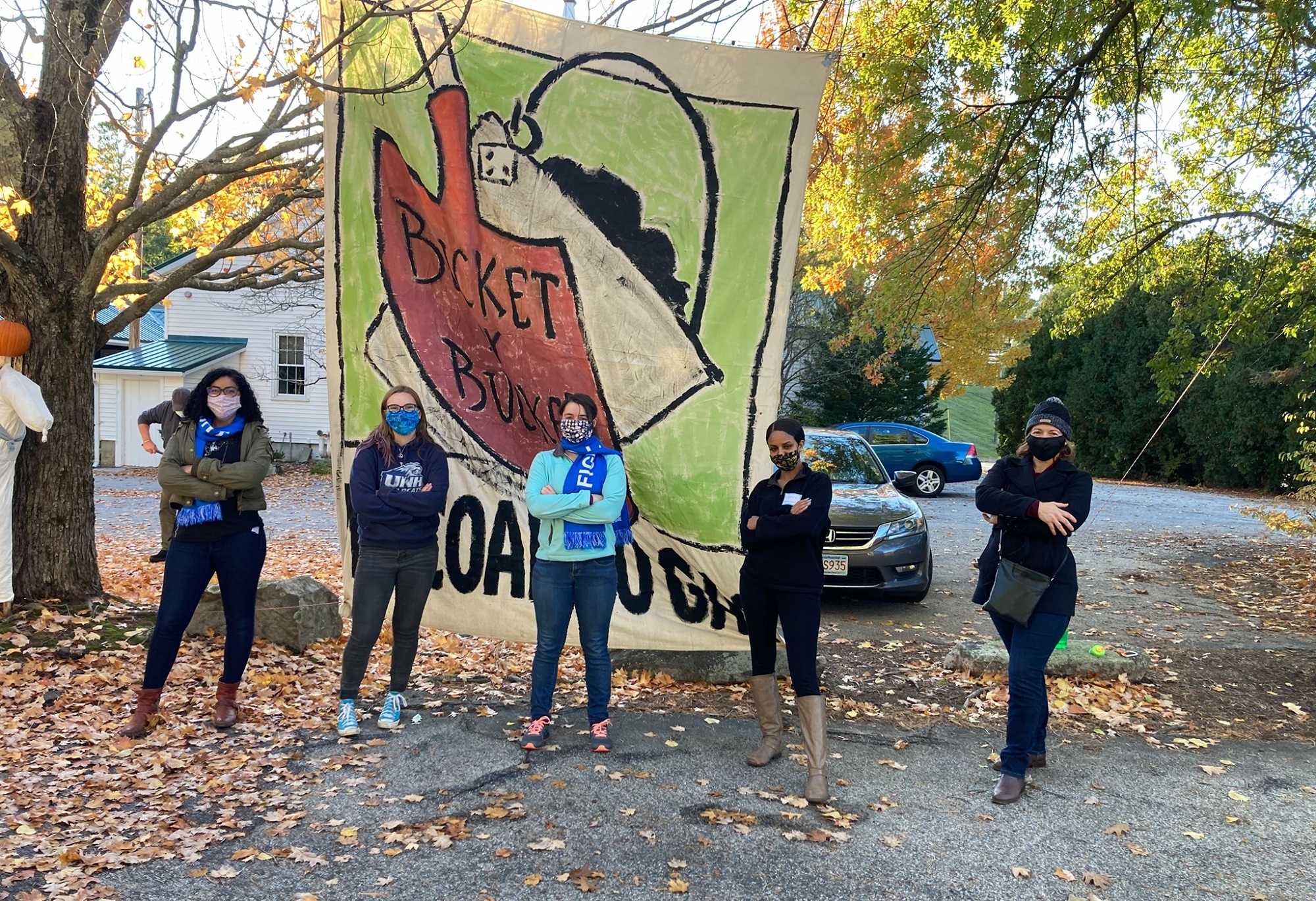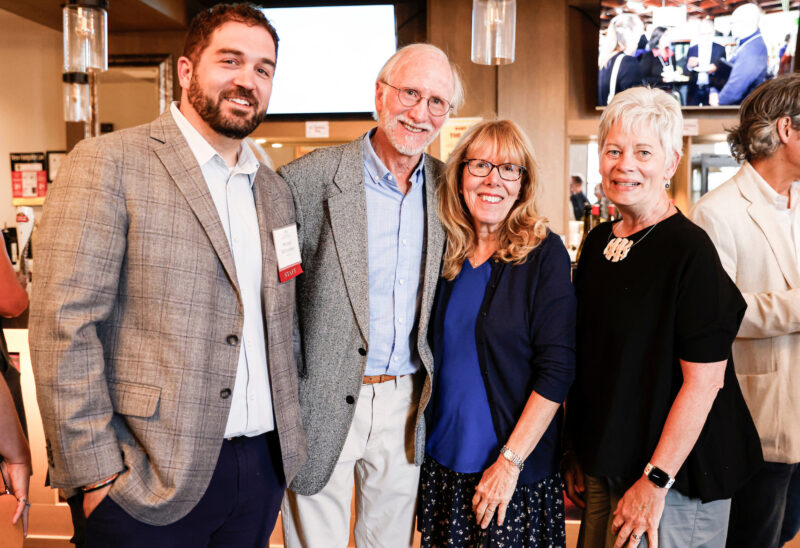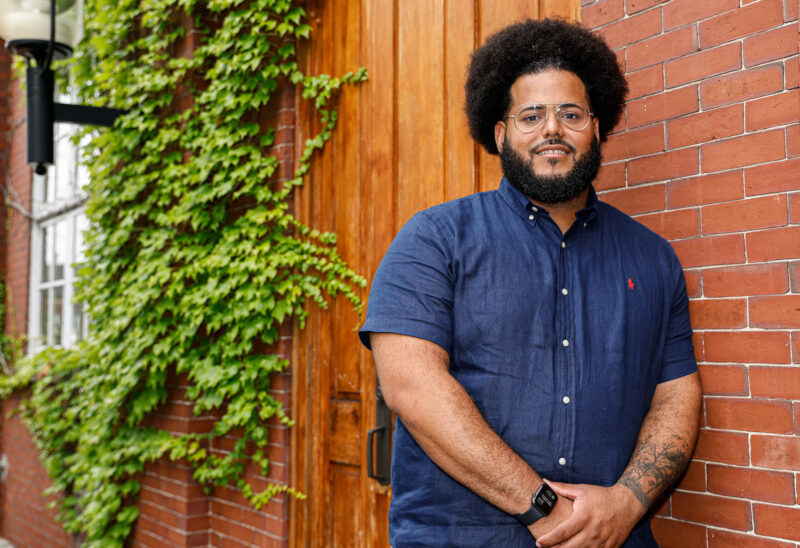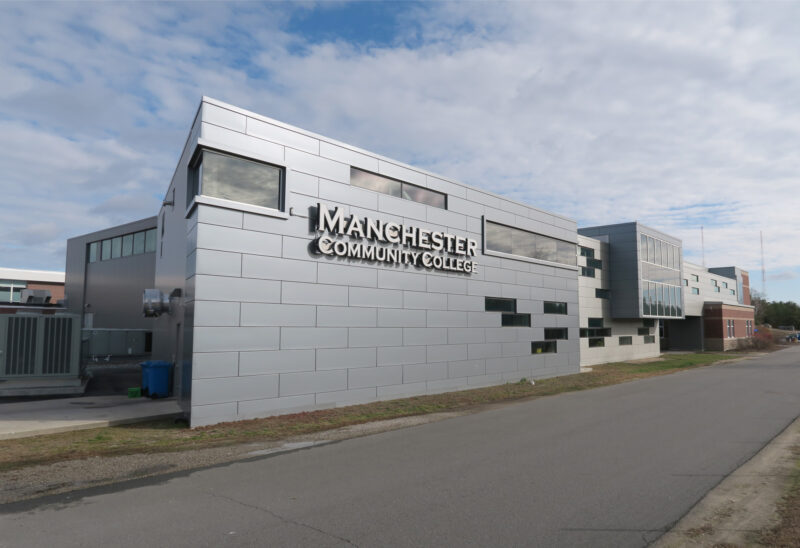As a senior at Philips Exeter Academy, Anna Rose Marion learns about the science and history of climate change. As a volunteer for 350NH, she trains others on how to fight it.
Marion, of Rye, is a youth team fellow and trainer for the environmental group that builds grassroots support to phase out reliance on fossil fuels and promote renewable energy.
Her overlapping roles as a student, trainer and community organizer give Marion a broad view of global crisis and a personal stake in advocating for change close to home by planning and taking part in campaigns for renewable energy and against fossil fuel.
“It provided me a new lens for looking at the world; this is what the scientists say, but how do people see what is happening? How does it register for people?” Marion said.
Marion is one of about 75 active 350NH volunteers in local chapters around the state. The group shares some of the goals as the national 350.org organization, but works independently on local goals and fundraising.
(The number 350 signifies the amount of carbon dioxide in the atmosphere, 350 parts per million (ppm), a level considered “safe” by numerous scientists and climate experts. Before the Industrial Revolution, the level was 280 ppm. Now, it’s approximately 415 ppm and growing.)
“Our vision of a society would be one where we have a renewable energy economy that works for everyone,” said Rebecca Beaulieu, 350NH’s communications and youth programs organizer. “In order to fight something that is so global, like climate change, we really need support on small, local grassroots levels.”
A Charitable Foundation grant helped support a local chapter in Bow, which has organized community letter-writing campaigns, information sessions and protests against the coal-fired Merrimack Station power plant in that town.
350NH also opposed the Granite Bridge natural gas pipeline project in southern New Hampshire. Liberty Utilities dropped the project last year and plans to use an existing line instead.
To advocate for renewable energy, the group’s Exeter chapter backed the successful proposal this year to build a solar array to power town buildings.
It also is working with 350 organizations in neighboring states on presenting policy ideas to lawmakers that promote energy efficiency and renewable energy.
Beaulieu said in stopping the use of fossil fuel, 350NH supports a “just transition” to renewable energy that does not harm those who work in the fossil fuel industry – but instead, might help retrain them to work in fields like solar or wind power.
“When we talk about closing things, we can’t just leave everyone in the dust and run away,” she said. “When I’m protesting a coal plant, I’m not mad at the people who work there. They deserve to have jobs and they deserve programs that would create a just transition for them.”
Beaulieu helps train volunteers and student leaders about how to be better leaders. They learn how to understand energy issues, how to build on shared values such as lower taxes or cleaner water among opposing sides of an energy issue and how to make a point with first-hand experiences from those affected by climate change.
“A lot of what we are trying to do is not to argue with people so much as to tell stories,” she said, like hearing from a farmer who discovered a new fungus on a tree that the farmer believes appeared because of warmer temperatures or from a volunteer whose Seacoast home might be threatened by sea level rise.
Beaulieu said 350NH has focused on tapping young people, who often are left out of the conversation about politics or community issues.
“We are trying to make sure youth voices are represented in New Hampshire and that their time and efforts are valued by older folks,” she said. In addition to establishing youth teams, the group offers its youth leaders a small stipend.
Marion, who got involved with 350NH as an intern last summer, now is a valued youth leader, meeting weekly with members including fellow high school students and teens who are spending a gap year before college working on fighting climate change.
She takes her 350NH work seriously, presenting a training session on climate and fossil fuel financing before a protest in May outside a Bank of America branch in Bedford to oppose loans supporting a pipeline in the Great Lakes region. She also presented a session about non-violent protest tactics.
“At 350, we think about how can we support the community and how can we raise up other voices and how can we be creative in doing that and making each other stronger and better,” she said.
She believes she and 350NH are making an impact, especially at getting more people involved – young and old.
“I see freshmen and sophomores who are now joining environmental clubs and trying to get their friends to recycle and compost correctly,” she said.
While helping form the Seacoast 350NH chapter, Marion also found that more adults were asking: “What more can I do?’’
She sees wider grassroots support expanding the renewable energy movement.
“It helps us gain more influence and power and shake things up even more,” Marion said.













![Rev. Heidi Carrington Heath joined Seacoast Outright. [Photo by Cheryl Senter]](https://www.nhcf.org/wp-content/uploads/2024/05/Heidi-Carrington-Thumbnail-800x548.jpg)
![Dr. Jennie Hennigar treats a patient at the Tamworth Dental Center [Photo by Cheryl Senter]](https://www.nhcf.org/wp-content/uploads/2024/05/TCCAP-Hero-800x548.jpg)

